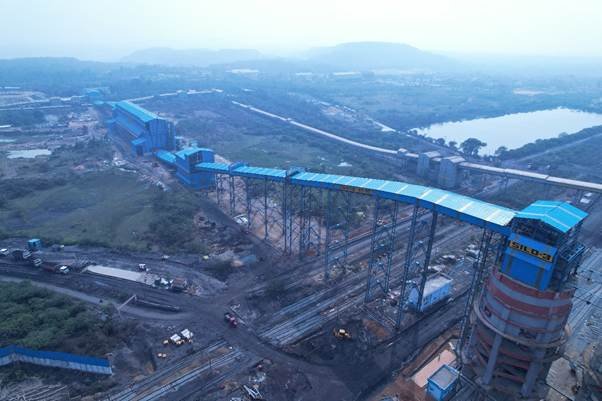Will vacant retail sites convert to storage space?
Considering the rising demand for storage space in India and the fact that many vacant spaces can be reconfigured for self-storage, investments are likely to pick up going forward, said Pratyush Pandey, Warehousing, Industrial and Logistics expert at ANAROCK Property Consultants.
Urban Indian is gradually adopting this essentially western concept in the COVID-19 world. Existing players are using this opportunity to expand their network, he noted in a report on “Self-Storage – Collateral Beneficiary of the COVID-19 Era” released on 27 July 2020.
But the self-storage sector is still in its infancy in India, said Pandey, highlighting that it is worth US$39 billion in with nearly 45,000-60,000 independent storage facilities in the US.
Likewise, Europe’s self-storage market was valued at US$3.11 billion in 2019, with the UK comprising a share of more than 47%. Internationally, the industry is pegged to reach nearly US$3.97 billion by 2025, growing at a CAGR of 4% in the 2020-2025 period.
In the post-pandemic world, the self-storage segment is a direct beneficiary of an otherwise disrupted real estate marketplace as COVID-19 has changed the course of Indian real estate in many ways especially since regular commercial real estate is under pressure, said Pandey.
Amidst the pandemic, demand for external storage facilities is rising across cities. In IT-driven cities like Bengaluru, the new ‘Work from Home’ (WFH) population and businesses facing temporary closures are the main focus area.
Many of the firms providing storage facilities are already running out of space. To overcome this problem, players can consider taking up vacant retail sites and converting them into storage centres as has been witnessed in the US.
Prominent Indian cities with rental storage facilities include Bengaluru, Mumbai, Pune, Hyderabad, Noida and Gurugram.
Yet, the self-storage sector in India is still at a fledgling stage with only a handful of organized players, with limited space capacities, in the top cities.
With many firms having extended the work-from-home option, an increasing number of working professionals in cities like #Bengaluru, #Mumbai, #Pune, #Hyderabad, #Gurugram and #Noida have relocated to their hometowns. With every intention to return once the situation normalizes or their firms insist, they need spaces where they can temporarily store their household items and automobiles.
Likewise, many businesses impacted by the pandemic, including start-ups, gyms, #parlours, #restaurants and #playschools, currently prefer low-cost storage over cost-intensive rented office spaces when it comes to storing their furniture and equipment until the dust of the pandemic settles and businesses resume more or less normal operations.
Presently, the prominent self-storage players operating in India include Your Space, Safe Storage, Self-Storage, @Storagians, @StowNest Storage, and Orange Self-storage, among others.
Self-storage facilities are warehousing spaces where household and office furniture and equipment, as well as automobiles, can be stored safely for both short and extended periods, at reasonable rentals, he explained.
This is not the first time that self-storage facilities have come into the limelight, according to Pandey.
The US witnessed a similar dynamic during the recession period. Though the recession officially lasted from the end of December 2007 to mid-2009, the country’s economy tool much longer to recover to pre-Global Finance Crisis levels in terms of employment and output.
In these years, the self-storage industry thrived when most other businesses downsized, moved or faced foreclosure, added Pandey. #crisis #storage #logistics #economy #logistics #warehousing /fiinews.com










